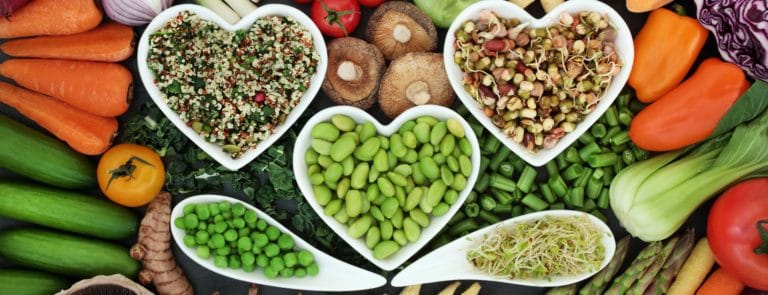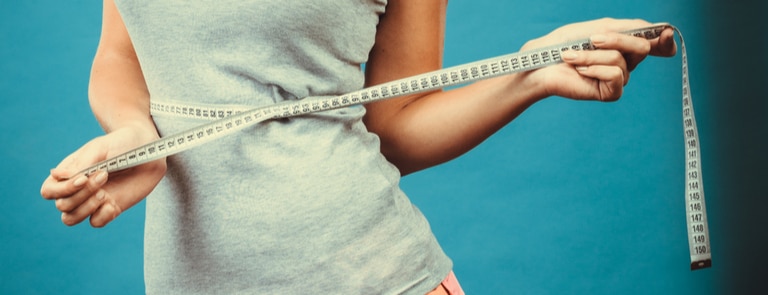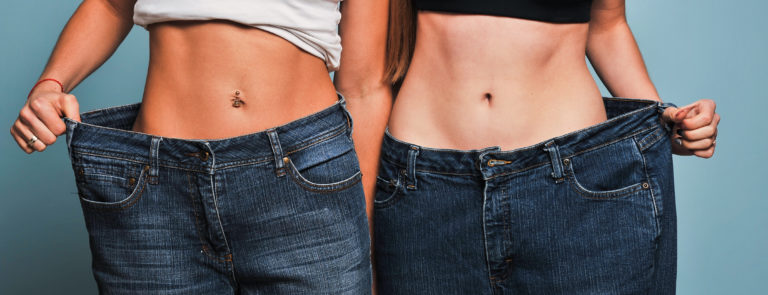When you’re on a committed weight loss mission, it might be easy to get caught up on things like obsessively counting calories for everything you eat and calculating exactly how many steps you’ve done each day.
There is, however, an entire world of micronutrients, vitamins and minerals which can make all the difference. Here’s a look at a few of them:
Fibre
Fibre may not technically be a vitamin, but it is a vital asset and tool in every fat loss plan you could imagine. One of fibre’s primary roles in weight loss is that it fills you up, creating feelings of satiety which reduce hunger cravings and lead to fewer overall calories being consumed. A Tufts University study suggested that eating as little as 14 grams more fibre each day could result in the subject consuming as many as 10% fewer calories.
1
Fibre is also known to improve the conditions in the gut for healthy bacteria, which in turn improves overall digestion and absorption of nutrients.
2
Vitamin D
Vitamin D is one of the most essential nutrients for overall health and wellbeing, and also happens to be one which a huge number of people are deficient in. This is because vitamin D is primarily created by our bodies in response to sunlight. As few of us get enough sun these days, more of us are suffering at some level from the effects of vitamin D deficiency. These effects may include weight gain.
One 2014 study found that while vitamin D supplementation in and of itself didn’t seem to promote weight loss, women who supplemented to the point where their body’s vitamin D levels were within the optimum range did benefit from improved weight loss.
3
Vitamin C
Vitamin C is known to stave off a cold- but its health benefits go far further than that. It can in fact keep asthma in check and help to treat cataracts.
At first glance, vitamin C may not appear to be a winning ingredient in a fat loss plan. A 2007 study found an inverse correlation between plasma levels of vitamin C and waist circumference, but didn’t seem to show evidence that vitamin C supplementation directly encouraged weight loss.
4
More encouragingly, a 2005 study found that increased vitamin C intake allowed subjects to oxidise 30% more fat during exercise.
5
To help achieve your weight loss goals, stock up on these essential vitamins or eat more foods that contain them.
Shop Vitamins & Supplements
Sources
1
http://onlinelibrary.wiley.com/doi/10.1111/j.1753-4887.2001.tb07001.x/abstract
2
http://www.ncbi.nlm.nih.gov/pmc/articles/PMC3705355/
3
http://ajcn.nutrition.org/content/early/2014/03/12/ajcn.113.073734.abstract
4
http://jn.nutrition.org/content/137/7/1757.full
5
http://www.ncbi.nlm.nih.gov/pubmed/15930480



